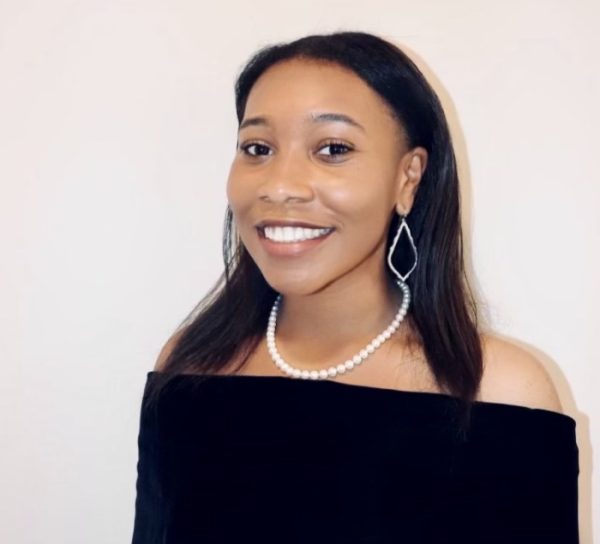Accountability.
For SMU students of color and their allies in the Human Rights Program, this word means holding the administration to its promise to fulfill a long list of demands for their community, many of which began in the 1960s by the Black League of Afro-American College Students (BLACS) and continued into the 2000s with the Black Unity Forum (BUF). One of those demands include addressing the racist history represented in a street sign connected to the former football stadium.
In the spring 2023 issue of The DC, we published research of the SMU archival records and reporting from SMU libraries that showed Ford Stadium’s preceding structure, Ownby Stadium, began with a $10,000 contribution (roughly $179,547 today) from Jordan Ownby in 1922, an SMU alumni who once performed in blackface performances at a now- 20s-era campus event called the Kill Kare Karnival.
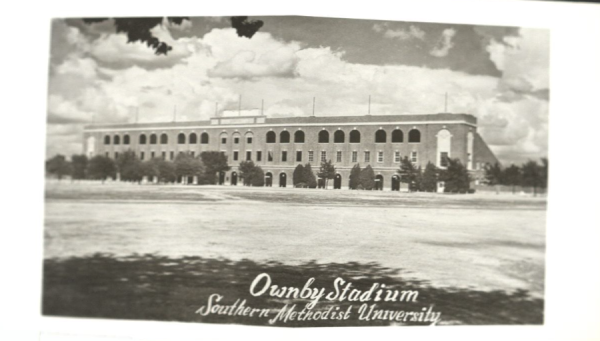
The university demolished Ownby Stadium in 1998 and replaced it a year later with the Ford Stadium., Ownby’s name still marks one of the university’s most used streets near the stadium, Ownby Drive. Construction for the Garry Weber Endzone Complex removed the physical sign for Ownby Drive, but the ”Ownby Exit” sign within the parking garage is still visible in the Binkley Parking Garage and the name is still visible on Google and Apple Maps.
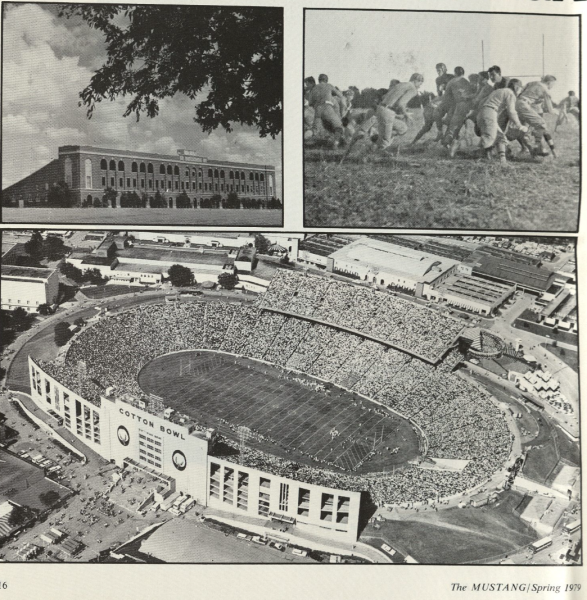
The name of Ownby Drive should be changed. It should no longer stand as a painful reminder of racism to the students of color that must drive past it. The Association of Black Students (ABS), the Black Unity Forum, the Human Rights Program, and other cooperative groups agree Ownby’s past has no place in the Hilltop’s present.
Last semester, DC spoke with former ABS (Association of Black Students) president Kennedy Coleman about its plans to ask for Ownby’s name to be removed from SMU’s present-day campus for good. The current ABS president, Damondre Lynn, said efforts will continue.
“We’re going to get this process re-started,” Lynn said.
For a century Ownby’s name has been immortalized as a founding father of what would eventually be the home of SMU football.
In 2020, Black Unity Forum (BUF) comprised of many organizations on campus that support and empower Black students- including ABS, African Student Association, and the Black Law Association- authored a letter to SMU’s administration, respectfully asking for initiatives and actions on campus that would make the Hilltop an inclusive environment for all students.
Following the murder of George Floyd in the summer of 2020, this letter asked SMU to hold itself accountable for not only educating but protecting and praising its students of color.
As a result of America’s racial reckoning in 2020, many historically marginalized groups requested the administration to strip racist namesakes from monuments and buildings on SMU campus. Yet some names remain plastered around the Hilltop today.
Three years later, Lynn says, it’s good to see some of these demands being met.
BUF is committed to conducting research on how to begin the process removing Ownby’s name from campus on behalf of the Black community at SMU.
“At this time, a formal request to pursue the removal of this name from the street has not been made,” BUF co-president Nick Jones said in a written statement.
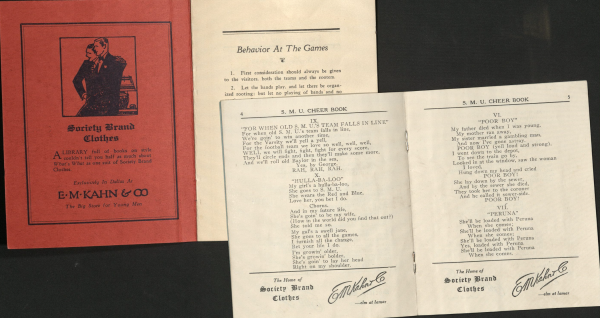
Trust is not easily gained– especially from a school with a campus that features buildings that bear the names of enslavers (Caruth Hall), Ku Klux Klan supporters (Selecman Hall), and ethically ambiguous Nazi artifact collectors (Harlan Crow and Kathy Crow Commons).
“SMU should do the right thing and show that [they] are sensitive and responsive to a changed America,” Dr. Halperin, director of the SMU Human Rights Program, said. “As long as there is accountability, there is a hope for a better, more inclusive version of the Hilltop.”
Ownby’s legacy has no place in SMU’s 2023 Homecoming celebration. His hateful representation of Black people should not be honored by an increasingly diverse SMU. Black football players and students who must stand in what was formerly Ownby Stadium should not have to dwell on physical reminders of a century-old donation he paid to begin the school’s first stadium.
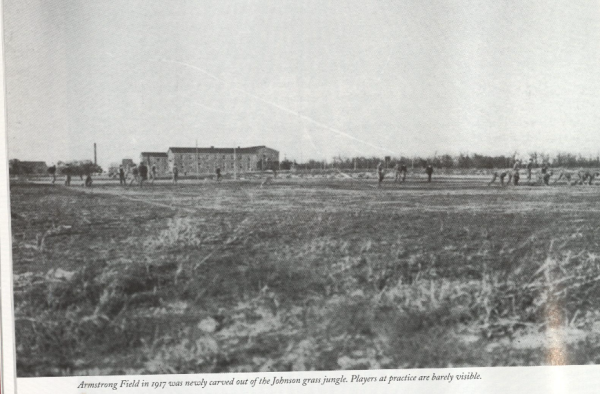
College campuses serve as small echo chambers of a greater society and as a reflection of that institution’s values and priorities. As SMU seeks to become a more inclusive space, it must expand the sense of belonging felt by those who step onto this campus and address BUF’s list of demands.
















